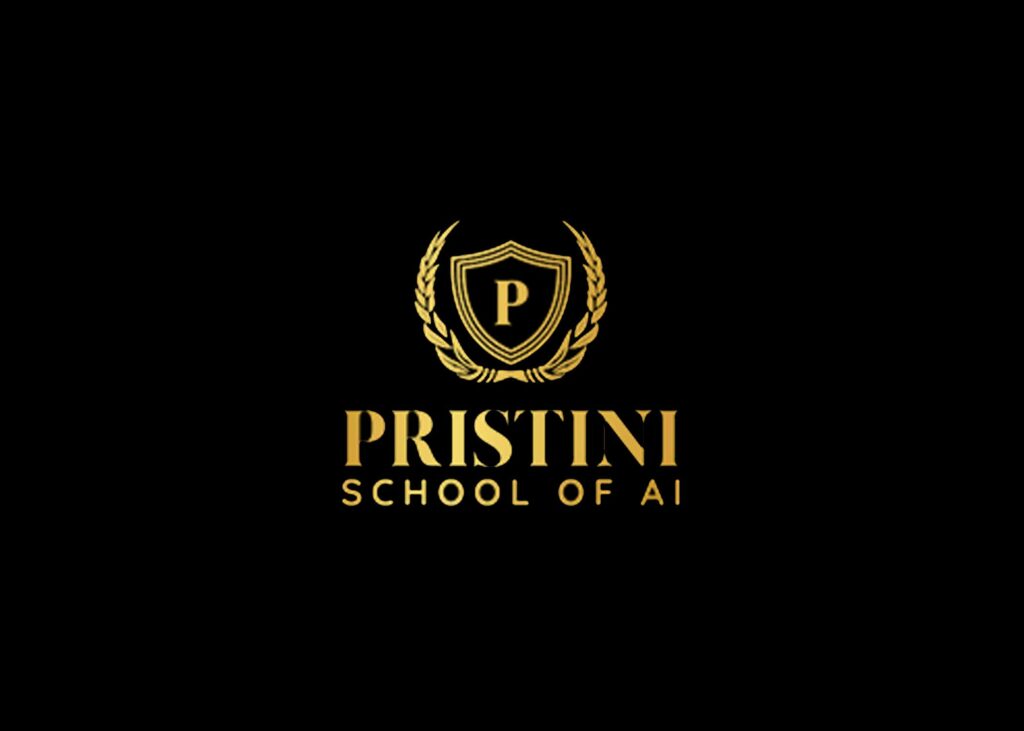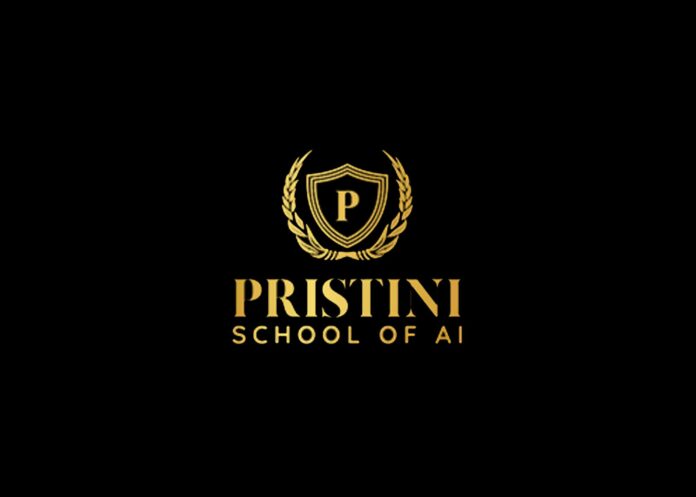In Tunisia, a higher education institution, the Pristini School of AI, is addressing the country’s artificial intelligence (AI) skills shortage. Despite the presence of successful AI startups, the country faces challenges in finding AI-skilled workers.
Growth and Courses
Launched in 2023, the Pristini School of AI has grown its student base to 130 students in undergraduate and master’s courses. The school offers bachelor’s degrees in applied informatics for technically proficient students and a business intelligence course for non-scientists. The aim is to educate future business professionals and leaders about AI.
The school also offers three master’s degrees:
| Masters Degrees |
|---|
| Machine Learning for Business |
| AI and Security |
| Fintech |
Faculty and Location
The school has eight permanent faculty members and three PhD-holding administrators. New academic staff are hired annually to strengthen expertise and meet student enrolment demands. The school is located in the Novation City high-tech industrial park in Sousse, one of Tunisia’s business powerhouses.
Industry-Education Proximity
The university is focused on the domestic student market and businesses moving to Novation City. The proximity between industry and education aims to create a circular personnel economy where education can be tailored to meet industry and business needs.
Part-time Options for Businesses
Pristini offers part-time study options for companies, reducing travel stress and saving time. These options include non-AI studies that generate the skills AI specialists need, such as English language skills.
Recruitment and Goals
The school hopes to recruit from an associated high school that follows the University of Cambridge-certified A-level courses. The key goal is to equip students with scientific knowledge, even those with an arts and humanities background.
AI for Everyone
The development of AI and associated digital technologies, often referred to as the ‘Fourth Industrial Revolution’, should not be a ‘geeks-only’ subject. The school’s goal is to create a skillful, intelligent end-user who understands statistics, algorithms, and AI.

International Collaboration
The school is planning to add new master’s courses and is developing international cooperation with major universities such as the University of Michigan-Flint College of Innovation and Technology. This cooperation will involve an exchange of faculty for academic and research purposes.
Future Prospects
The school’s proximity to businesses and the part-time, flexible study option it offers are already working well. Despite the stagnant economy, the school’s launch was a calculated risk. The surrounding area is expected to be covered with buildings in five years, delivering a ‘Silicon Sahel’ tech hub.
Institution’s Value to Industry
Neapolis’ CEO, Mohamed Amine Boujbel, expressed satisfaction with their collaboration with Pristini. The company was initially approached by Pristini and decided to take the risk due to their familiarity with Jaoua’s work at Esprit.
Neapolis has 12 individuals studying at Pristini, with their scholarships being paid by the company. Six of these are current employees, while the other six are new hires. Pristini played a role in the selection and training of these recruits, providing an initial shortlist of candidates from which Neapolis selected six.
Neapolis, which currently operates in Africa and the Middle East and aims to expand to Europe, recognizes the need for robust quality control, production, and business systems. Boujbel mentioned the company’s plans to implement a system to monitor output, productivity, and anomalies in the production line. AI is seen as a key player in these systems.
The scholars are committed to staying with the company for at least five years. Boujbel emphasized the value these trained experts will add to the company, reducing reliance on potentially unreliable external consultants.
Collaboration with Sagemcom
Sagemcom, a French industrial group, is also utilizing Pristini’s expertise to train its Tunisia-based workforce of 5,000 engineers, managers, and HR executives. Sagemcom’s Managing Director, Christian Jannot, praised Pristini’s flexibility in designing training that matches their needs.
Sagemcom’s engineers are collaborating with Pristini’s students and experts on an internal chatbot project aimed at increasing productivity by centralizing data within a secure networked environment. Jannot stressed the importance of securing their data and intellectual property, which rules out the use of cloud-based data storage systems.
Future Projects and Observations
Sagemcom’s next project with Pristini involves developing AI to manage log data from set-top boxes used in television systems. This will help monitor connection and technical faults and provide feedback to its engineers. Jannot acknowledged that AI could make this process more efficient. Sagemcom is considering enrolling employees in Pristini’s master’s courses next year.
Peter Johnson, founder of the international UN Sustainable Development Goals consultancy, the Ayadee Foundation, noted that while Tunisia produces a large number of skilled engineers, it suffers from a brain drain of experienced engineers. He pointed out the gap in training in big data, business analytics, and AI. Johnson emphasized the value of Pristini’s approach in training business people to understand engineers and vice versa.

